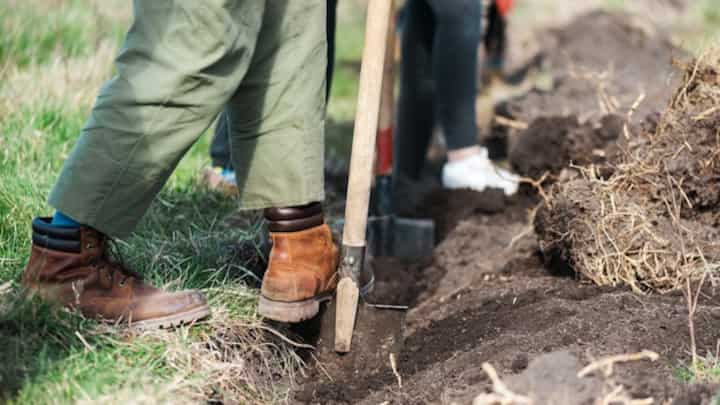
Enhance Your Project with Expert Soil Stabilization Services
Soil stabilization is a critical component in construction and engineering projects that ensures the longevity and stability of structures. As urban development and infrastructure projects continue to expand, the need for reliable soil stabilization techniques becomes increasingly evident. By employing expert soil stabilization services, projects can be safeguarded against the challenges posed by weak or unstable ground conditions. This article delves into the significance of soil stabilization, the methods employed, and the benefits it brings to construction projects.
Understanding Soil Stabilization
Soil stabilization refers to the process of improving soil strength and durability, which is essential for supporting structures such as buildings, roads, and bridges. This process can significantly enhance the load-bearing capacity of the soil, reducing the risk of structural failure.
Methods of Soil Stabilization
Various methods are employed to stabilize soil, each suited to specific conditions and project requirements. Some commonly used techniques include:
- Chemical Stabilization: Involves the use of chemical agents to alter soil properties, improving strength and resistance to water. Common agents include lime, cement, and fly ash.
- Mechanical Stabilization: This method relies on physical means, such as compaction and the addition of aggregates, to enhance soil properties.
- Geosynthetics: The use of synthetic materials like geotextiles to reinforce soil and prevent erosion.
- Grouting: A process where a fluid material is injected into the soil to fill voids and increase stability.
To explore further insights into these methods, read more about this topic.
Benefits of Expert Soil Stabilization Services
Employing expert soil stabilization services offers numerous benefits, enhancing the overall integrity and longevity of construction projects. These benefits include:
- Enhanced Structural Integrity: Stabilized soil provides a robust foundation, minimizing settlement and structural damage.
- Cost Efficiency: Reducing the need for extensive repairs and maintenance can lead to significant cost savings over the lifespan of a project.
- Environmental Benefits: By preventing soil erosion and degradation, stabilization helps preserve the surrounding ecosystem.
- Increased Safety: Stable soil reduces the risk of landslides and other geotechnical failures, ensuring the safety of both the structure and its occupants.
Learn more in this detailed guide about the advantages of professional soil stabilization.
Applications of Soil Stabilization
Soil stabilization is applicable across a wide range of projects, from residential constructions to large-scale infrastructure developments. Some common applications include:
- Road and Highway Construction: Stabilizing the subgrade is crucial for the durability of roads and highways, preventing potholes and cracks.
- Building Foundations: Ensures a stable base for residential and commercial buildings, reducing the risk of uneven settlement.
- Airports and Runways: Stabilized soil supports the heavy loads of aircraft, ensuring smooth and safe operations.
- Embankments and Slopes: Prevents erosion and landslides, maintaining the stability of slopes and embankments.
Explore further insights here for more applications of soil stabilization services.
Importance of Quality Assurance
Ensuring the quality of soil stabilization services is paramount for the success of any project. It involves rigorous testing and monitoring to confirm that the desired soil properties have been achieved. Utilizing advanced technology and adhering to industry standards is essential for delivering reliable results.
Check out customer reviews here to gain insights into the effectiveness and reliability of professional soil stabilization services.
Conclusion
Incorporating expert soil stabilization services into construction projects is a strategic decision that enhances structural integrity, safety, and cost-effectiveness. By understanding the methods and benefits, project managers and engineers can make informed decisions to ensure the success of their developments. For those seeking to enhance their projects with reliable soil stabilization, find additional information here.